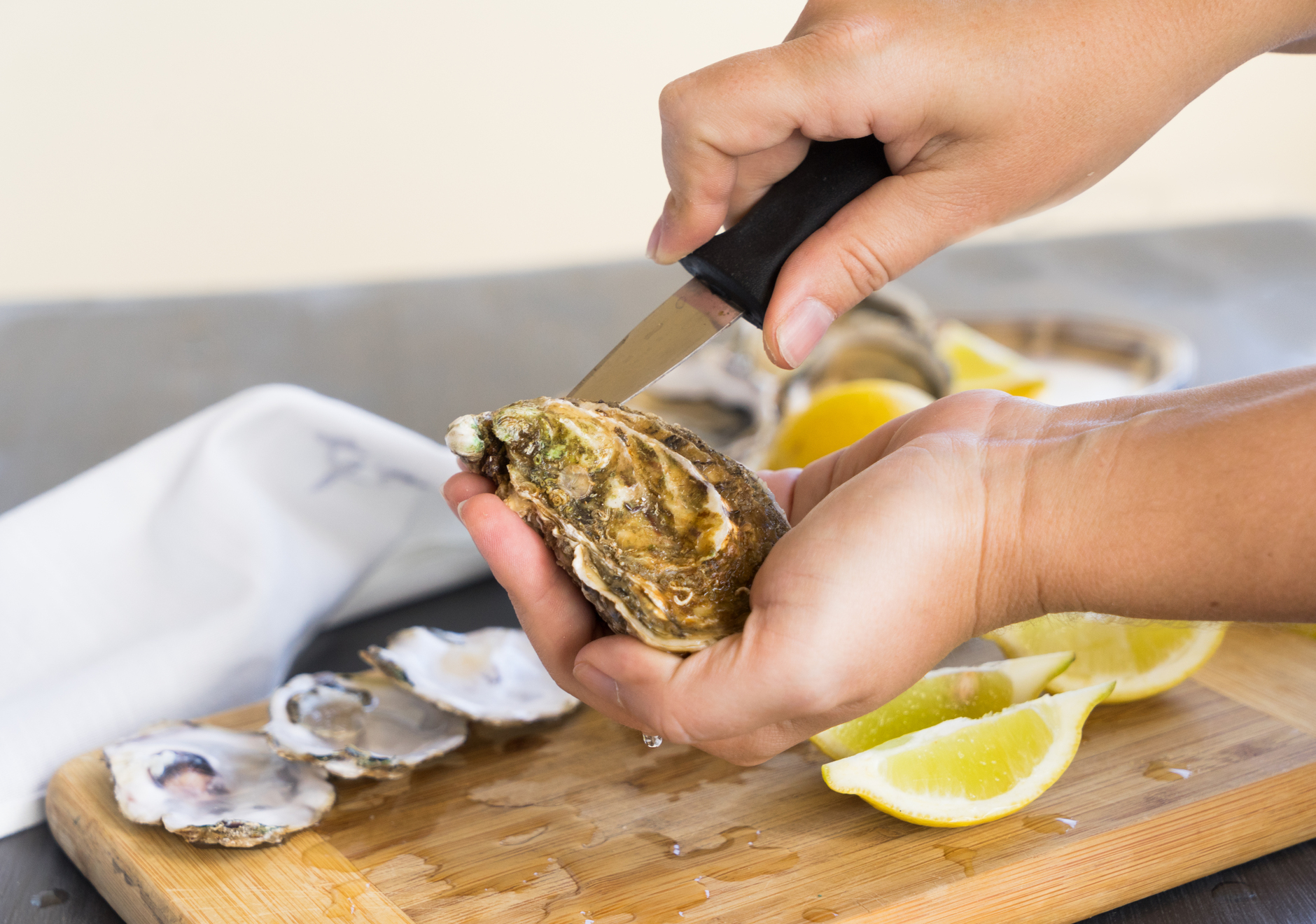

On September 30, 2025, the U.S. Department of Labor issued an Opinion Letter finding that front‑of‑house oyster shuckers can be included in a tip pool with servers when the employer takes a tip credit under the Fair Labor Standards Act (FLSA).
Generally, under the FLSA, employers generally must pay non-exempt employees at least the federal minimum wage of $7.25. However, Section 3(m) of the FLSA allows employers to take a “tip credit” and pay a lower tipped minimum wage if certain conditions are met. An employer may take a tip credit only for “tipped employees,” that is, employees engaged in occupations in which employees customarily and regularly receive tips. If an employer takes a tip credit, it can require tipped employees to contribute to a tip pool— but only if the pool is limited to employees who “customarily and regularly receive tips.
Key Takeaways from the U.S. DOL Opinion Letter
In the situation addressed by the Opinion Letter, a restaurant serves freshly shucked oysters from an oyster bar that is located at the restaurant’s bar where customers are seated and served. Oyster shuckers are stationed behind the bar with bartenders. Although they do not take orders directly from customers, they interact and engage with customers by explaining oyster offerings, making suggestions, responding to questions, and preparing oysters in front of customers. The restaurant includes these oyster shuckers in the tip pool. Based on these facts, the Department of Labor concluded that these employees work in a “customarily and regularly tipped” occupation (i.e., a tipped role), meaning that they are considered tipped employees and may therefore be included in a tip pool with servers for whom the employer takes a tip credit.
The Opinion Letter is limited to the facts as presented. If oyster shuckers worked out of view of customers and had no customer interaction, the conclusion would differ. The Department of Labor distinguishes between front‑of‑house shuckers who engage with customers, and kitchen-based shuckers who do not; under these facts the latter may not participate in the tip pool.
This Opinion Letter reinforces the longstanding rule that, when a tip credit is applied, tip pools may only include employees who work in tipped occupations. Roles such as dishwashers or kitchen staff, who have minimal customer interaction, do not qualify to participate in a tip pool.
Why the DOL Reached This Conclusion
The Department’s reasoning rests on prior interpretive guidance that emphasize customer interaction, service orientation, and visibility to customers as critical indicia of occupations that “customarily and regularly” receive tips.
Because these shuckers’ roles are “service‑oriented” and involve sufficient customer engagement, the Department of Labor deemed them eligible to share tips in a “traditional” tip pool under the FLSA.
Practical Implications for Restaurants & Employers
Tip Pool Design
If your restaurant applies a tip credit to tipped employees’ wages, and you wish to include roles like oyster shuckers, or sommeliers, you must carefully assess whether those positions satisfy the “customarily and regularly receive tips” test. Inclusion must be defensible under Department of Labor criteria — such as visibility, customer interaction, and service function.
Documentation & Policies
Because the Department of Labor’s conclusion is fact-specific, it’s wise to document:
If audited or challenged, these records can help substantiate that a role merits inclusion in a tip pool.
Avoid Overbroad Tip Pooling
Do not attempt to include entirely kitchen-based or support roles that lack customer contact (like dishwashers, line cooks, prep cooks) in a tip pool if you are taking a tip credit. Doing so risks liability for tip-pooling violations, including back pay for improperly withheld tips.
State & Local Law Considerations
Be aware that state or local wage and tip laws may have stricter (or different) requirements than the FLSA.
For example, New York’s hourly wage requirements are much higher than the federal requirements. As of 2025, restaurants in New York are required to pay the following wage rates to their employees:
Conclusion
The Department of Labor’s opinion offers clarity for restaurants wondering whether front‑of‑house oyster shuckers can be included in tip pools. The Department of Labor says yes — if those shuckers engage meaningfully with customers, operate in full view, and provide service-oriented roles akin to sommeliers or sushi chefs. But beware: the decision turns heavily on the specifics. Employers should carefully analyze their own operations, structure jobs intentionally, and document practices to withstand scrutiny. Restaurant workers should consult with an attorney to make sure they are being paid correctly and not cheated out of wages or tips.
If you have questions about a wage issue, call the attorneys at Pechman Law Group at 212-583-9500.